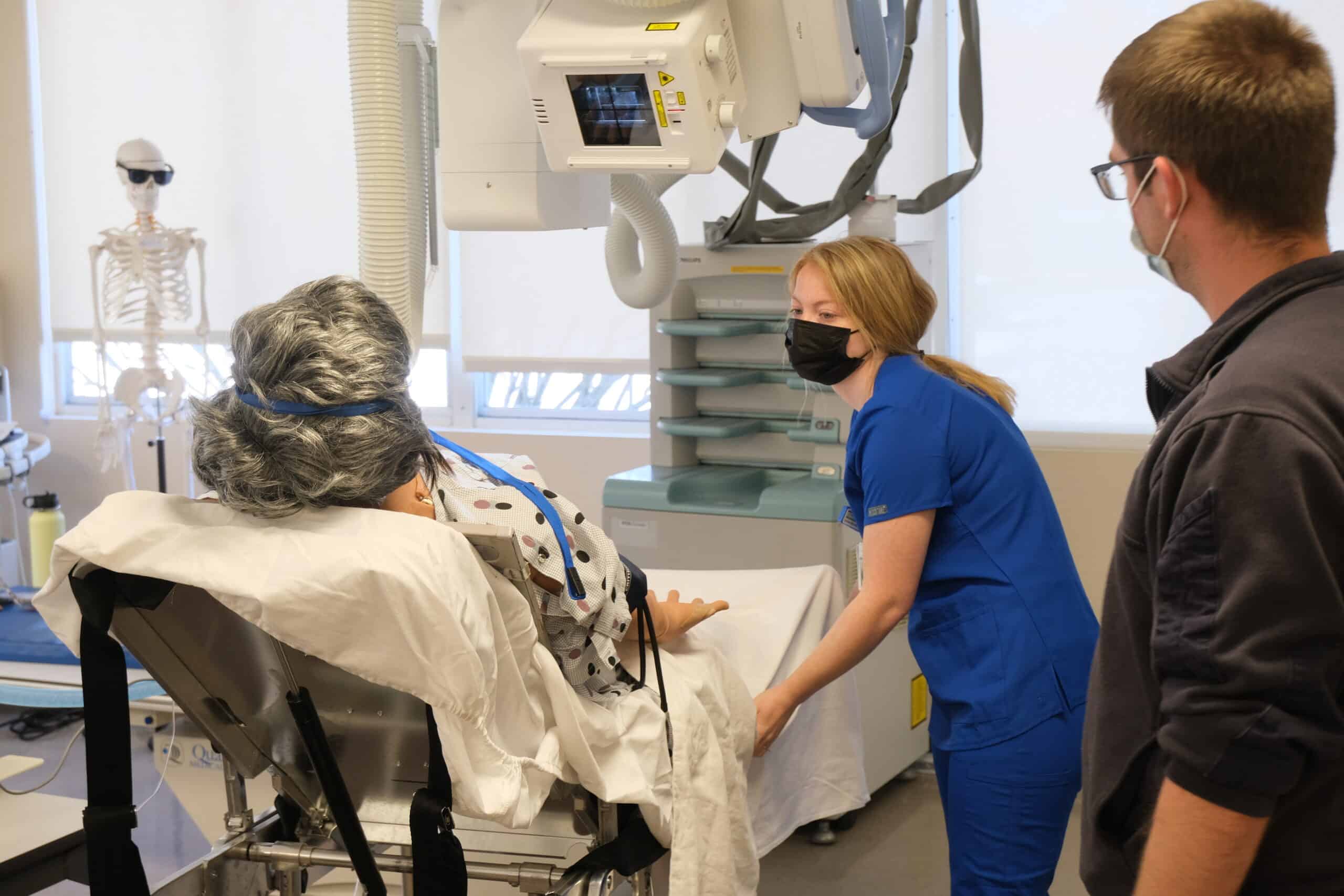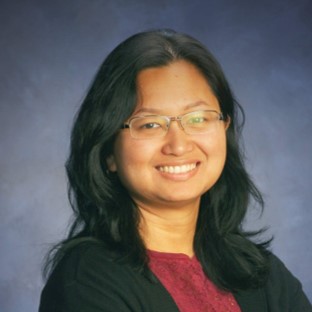Why Study Radiologic Science at Vermont State?
- Solid Earning Potential: Radiologic tech salaries are promising. Radiologic technologists earn a median annual salary of $79,520, according to the U.S. Bureau of Labor Statistics.
- ARRT Exam Pass Rate: Ninety-eight percent of Vermont State students pass the American Registry of Radiologic Technologists (ARRT) exam on their first try. Of our students who pass the exam, 100 percent are employed by graduation.
- Many Career Opportunities: Your technical skills in using imaging equipment are highly adaptable, so you’ll have options for a variety of jobs, in addition to hospitals and medical centers.
- Prepare for Further Study: In our program, you’ll learn about areas of medical imagery that you could pursue in the future to broaden your skills. They include computed tomography, mammography, and magnetic resonance imaging.
Program Outcomes
100% for students who have successfully passed the licensure exam and sought employment within the field to include per diem, part-time and full-time. Several students were hired directly in Computed Tomography and Magentic Resonance Imaging (UVMMC). Six-Month Post Graduation Survey.
Start Terms for Radiologic Science, A.S.
- Fall 1 – August 24, 2026
Request Information
Sample Courses
- Radiographic Clinical Education
- Specialized Imaging
- Introduction to Psychology
- Radiation Biology
Student Stories
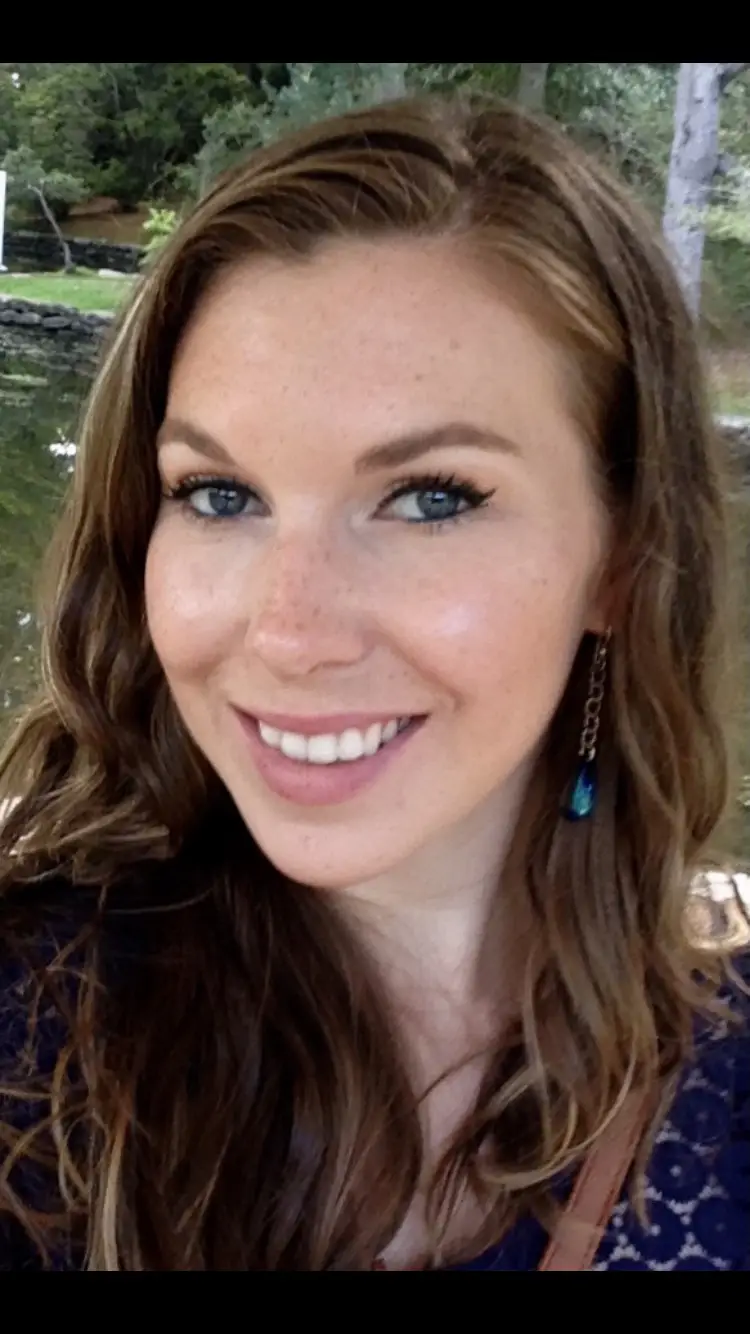
“I was drawn to radiologic science for the technical aspects, as well as for patient care. I knew I wanted a career that would allow me to provide empathetic and compassionate care to patients. While I initially applied for nursing, I made the switch to radiologic science and I am so happy that I did! I truly feel that this field is the best fit for me.”
Megan Coyne
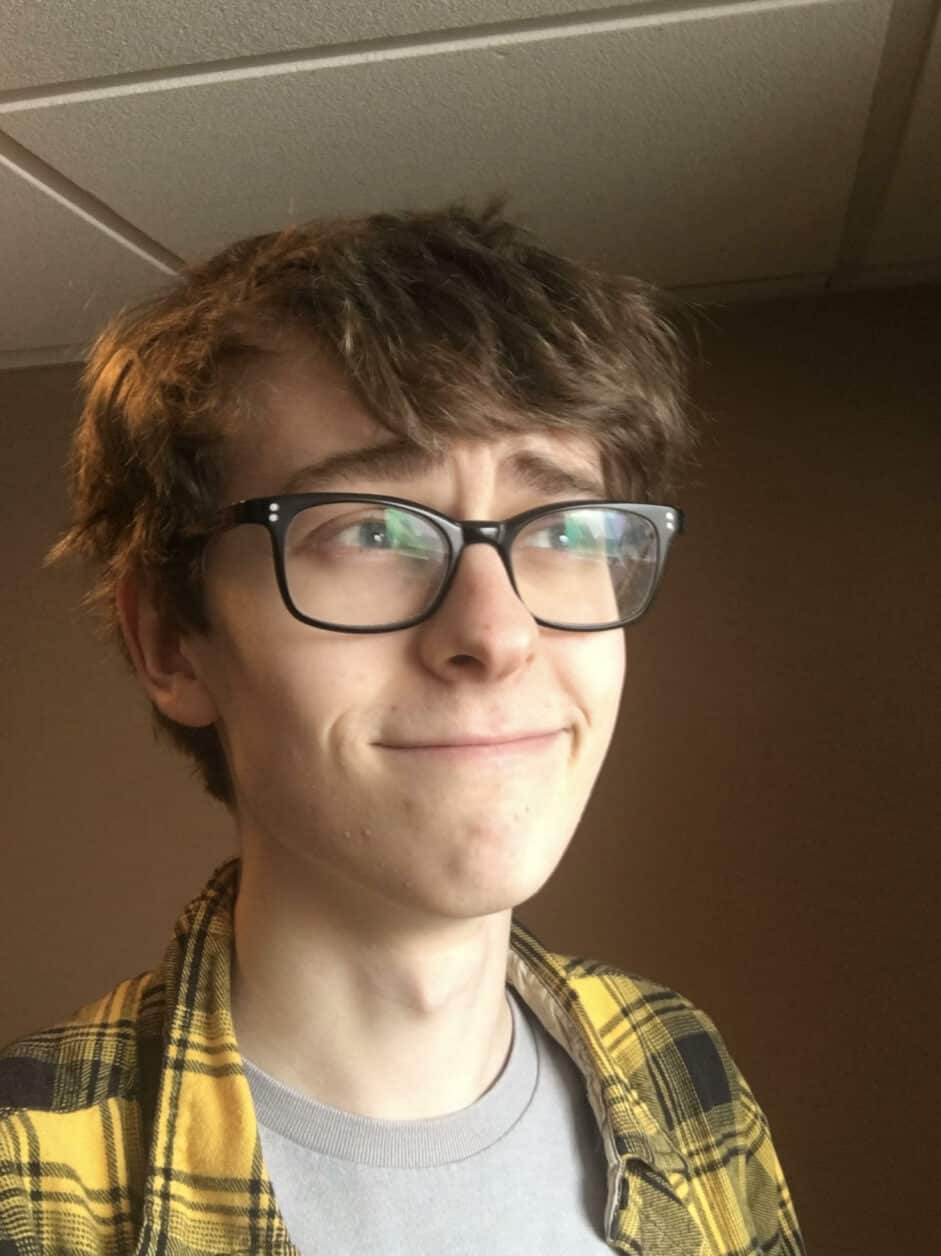
“I knew before I even started looking I did not want to be just a face in an auditorium. I wanted to know my professors, and I wanted my professors to know me. The success rates and ROI of the school are great. ”
Ian Ford
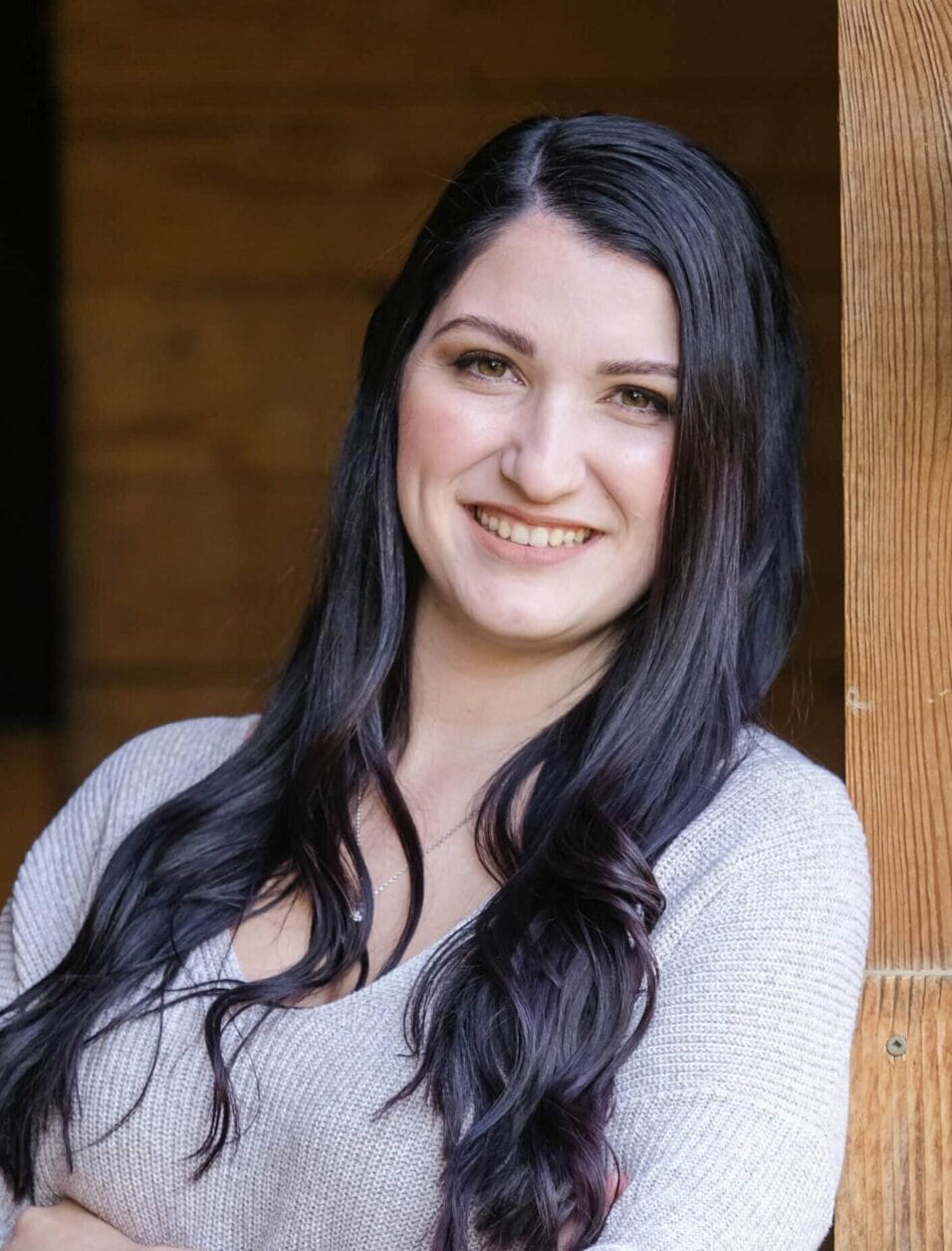
“Once I complete the program, I plan to further my studies into a more specific field. I do like more outpatient care for x-rays, but I’d like to get into ultrasound.”
Cassandra Frink
Ready to Take the Next Step?
Get started during these start terms:
- Fall 1 – August 24, 2026

